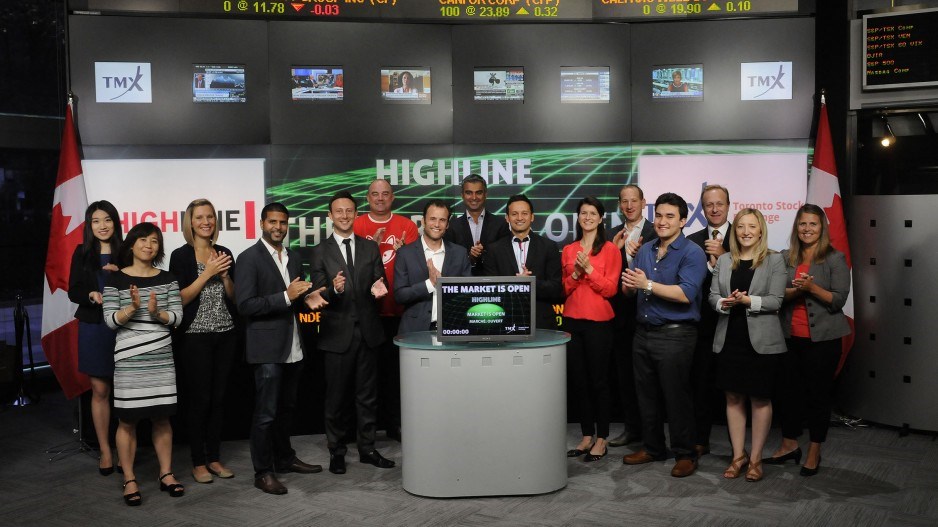A stroll through startup hubs such as Seattle and the Silicon Valley – home to the likes of Facebook’s (NASDAQ:FB) Mark Zuckerberg and Microsoft’s (NASDAQ:MSFT) Bill Gates — will uncover some of the world’s highest concentrations of angel investors.
But that abundance of venture capital is far scarcer in Canadian tech hotbeds such as Vancouver and southern Ontario, pushing accelerators to find new ways of linking up with startup investors.
An Ernst & Young report from earlier this year found that when it comes to per-capita venture capital investment, the U.S. outdoes Canada by more than 230%. The study found that US$1 billion of venture capital was invested in Canadian businesses in 2013, while US$33.1 billion was invested in the U.S.
In a bid to ramp up investments, Canadian business accelerators are merging with each other and adopting new strategies to secure that critical funding for early stage companies.
“As Canadians, we’re happy to create nice businesses, but often we’re not looking to aggressively expand into global markets,” said Highline accelerator CEO Marcus Daniels.
Highline was created in August following a union between Vancouver-based GrowLab and Toronto’s Extreme Startups. These accelerators provided early stage companies with office space, mentorship and networking opportunities with venture capitalists.
Daniels said the new accelerator is moving away from its predecessors’ focus on helping businesses developing products at the conception stage. Instead, Highline is looking at companies with products closer to hitting the market, which he believes will be more enticing to investors.
“Over the next decade, if you look at the talent we have, can we help 1,000 Canadian founders or 1,000 business that are [headquartered] in Canada create $10 billion in economic value?” Daniels asked. “I certainly think we can.”
Meanwhile, Invoke Media, the business and brand accelerator founded by Hootsuite CEO Ryan Holmes, merged with one of its own spinoffs in September.
Invoke Media managing director Chris Miller is taking the helm of the organization that now includes Invoke Labs.
He told Business in Vancouver (BIV) the merger wasn’t driven solely by a need to attract more capital. Rather, the deal came about after the two companies had shared many employees and a significant amount of resources for several months (the companies were on the same floor of the same building in Gastown).
Miller said bringing the two organizations under a single umbrella would not only boost the services it offers to startups, but also entice venture capitalists.
Toronto-based Wind Mobile CEO Anthony Lacavera spends time working with accelerators and is an angel investor himself.
He told BIV early stage companies in Canada have a tough time raising money due to a lot of factors out of their control.
“It’s a relatively small market … [where] most industries are well-served by a few number of large players, whether you’re talking financial services, talking telecommunications, talking airlines, talking mining or resources,” he said.
“We have a lot of work to do to catch up to the American approach to helping young entrepreneurs get off the ground and embracing failure – truly embracing failure.”
He said the key to his success with Wind Mobile was coming up with other startup ideas – and losing a lot of money – before landing on the mobile carrier.
Food-tech startup Food.ee, which graduated from both Invoke Media and GrowLab, is one of the first companies to seize upon the Highline merger.
The Vancouver-based company delivers high-end lunches to offices from restaurants that traditionally only offer sit-down service.
CEO Ryan Spong said the Highline merger means his company will have an easier time expanding into Ontario using office space and resources held by the former Extreme Startups.




